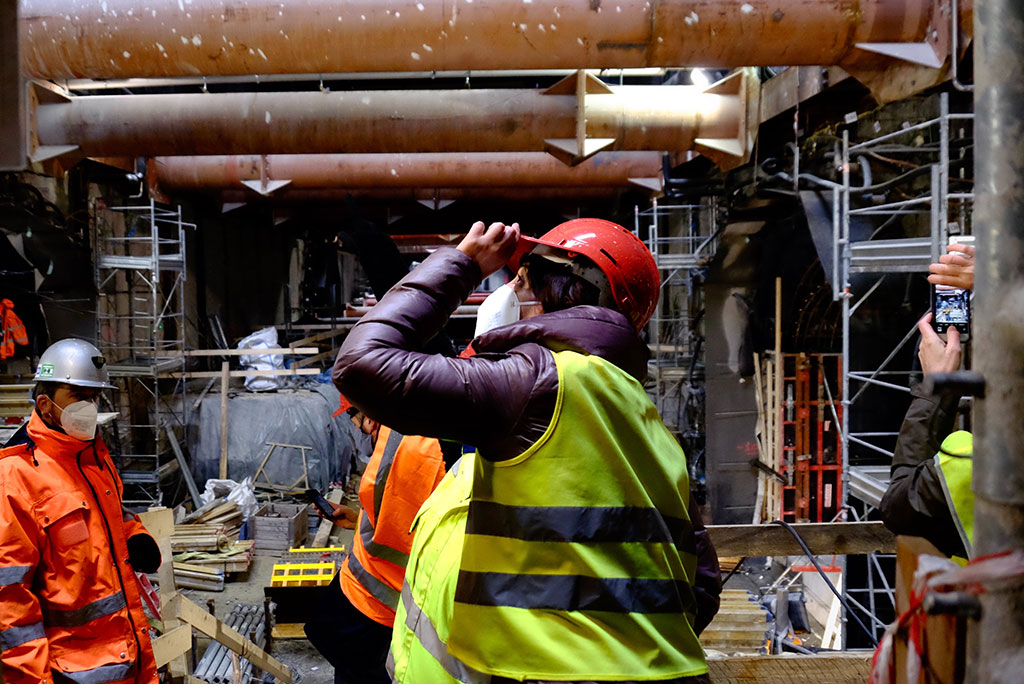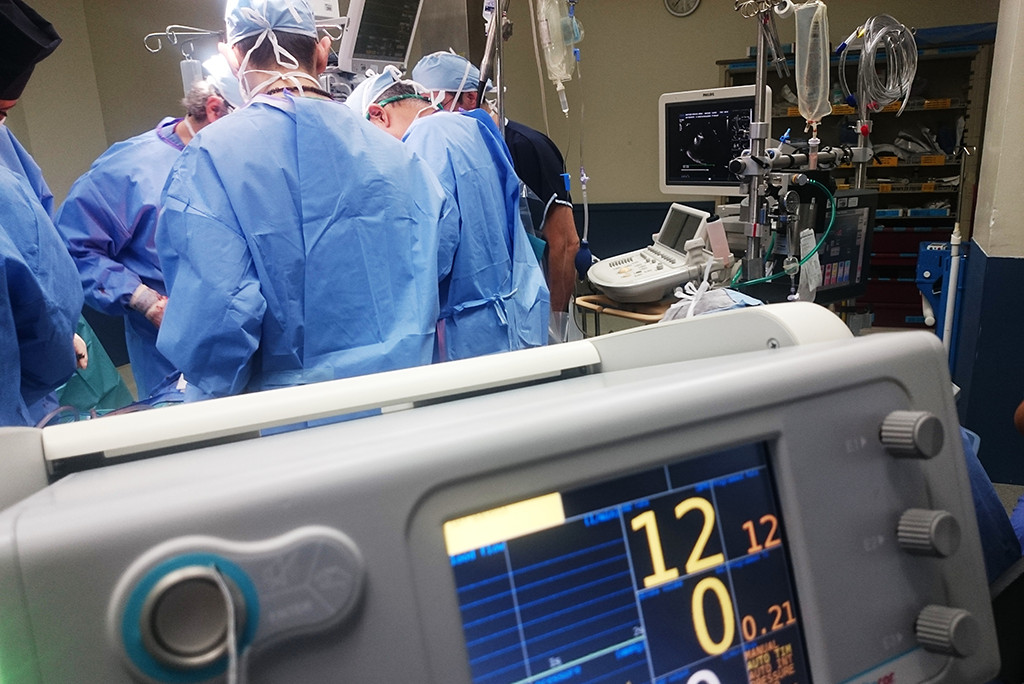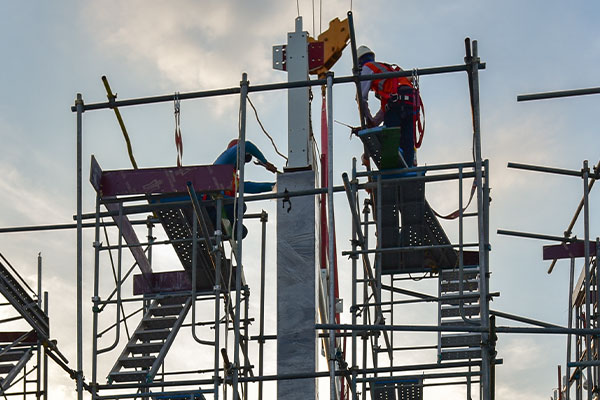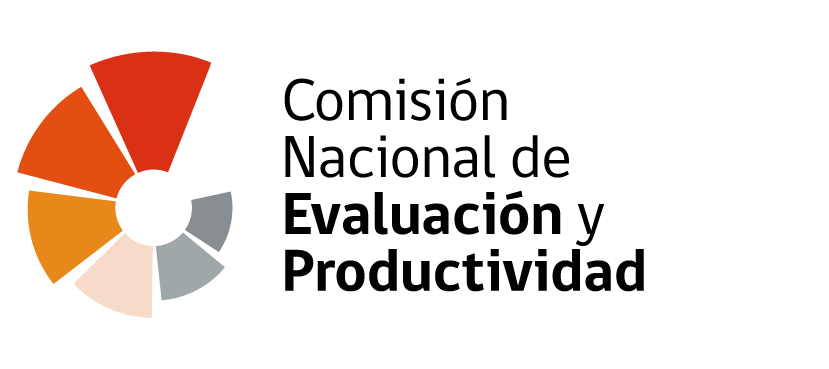In this section, you will find all the studies conducted by CNEP, including those commissioned by the Government of Chile and those initiated from within.
Completed Studies

Measurement of Processing Times for Mining Investment Permits
This study will identify the time required for processing the permits involved in any mining investment project. Once the baseline time is determined, the CNEP will continue to monitor any variations in the timelines to assess the level of compliance to reduce them by 33.3%, a commitment made by the government within the framework of the Copper Mining Royalty Law.

Productivity in Telecommunications
The study on “Productivity in Telecommunications” aims to identify the main obstacles that hinder the growth of productivity in various productive sectors due to the increasing provision of telecommunications services. The research proposes measures to enhance their performance, with particular emphasis on identifying the primary barriers to the deployment of high-speed networks in various municipalities of Chile. Additionally, it aims to develop and apply a methodology to measure the impact of implementing these actions.

Analysis of Priority Sector Permits for Investment in Chile
Contains seven findings that show that the behavior of priority sectoral permits in Chile is heterogeneous and complex, leading to their processing times significantly exceeding established regulations. Nine recommendations are proposed for a more efficient permit processing system to address this situation.

Efficiency in Primary Health Care Management (July 2022)
Identifies and analyzes the most relevant gaps in Primary Health Care (APS) in Chile, considering international best practices. In this regard, the research identified 56 findings, showing that APS covers only 50% of the population and has gaps in technology, human capital, and infrastructure, among other aspects. The document includes 36 recommendations to address these deficiencies.

Efficiency and Effectiveness of Public Social Spending in the Context of a Pandemic (January 2022)
The research evaluated the efficiency and effectiveness of social public spending during the pandemic to mitigate its effects on Chilean households. In this respect, 25 findings conclude that the state’s financial aid during the pandemic compensated for the loss of income from work with varying efficiency and effectiveness over time. Three recommendations are proposed to establish improvements.

Economic Reactivation and Long-Term Growth (April 2021)
To highlight the urgency of adopting measures to boost the economy in the short term, in the context of more than a year since the beginning of the COVID-19 pandemic, the document presents 13 recommendations for the public sector, arising from studies conducted by the CNEP. These recommendations seek to modify state processes that hinder investment in various economic sectors, improve public institutions’ efficiency, and emphasize the need to facilitate women’s return to the workforce.

Regulatory Review for SMEs (September 2021)
Through twenty findings, the study identifies the principal regulations and permits that affect the development of SME projects in Chile. It notes a lack of clarity in the requirements for obtaining permits, a lack of harmonization of regulations, and a lack of coordination among public services, among other aspects. The document concludes that obtaining essential permits to start businesses is a barrier and proposes six public policy recommendations to reduce them.

Innovation and Technology Adoption in the Financial Sector (July 2021)
Through 11 findings, the study shows the main problems in the Chilean financial market regarding innovation and technological adoption. These include regulatory barriers, lack of enabling elements, digital talent, and standardized and public information about the use and quality of digitally operated products. Thirteen measures are proposed, organized into three areas: innovation; the relationship of the traditional industry with Fintech (a set of companies providing technology-based services in the financial sector); and the opportunities presented by open finance.

Efficiency in Operating Rooms and Patient Prioritization for Elective Surgery (January 2020)
“Efficient Use of Elective Surgical Theaters and Management of Non-GES Surgical Waiting Lists” identified 40 findings related to the underutilization of operating rooms and 26 recommendations on how to increase the number of daily surgeries through more efficient use, estimating that, on average, they operated only 53% of the institutional time. The document also proposes managing the NON-GES waiting list based on diagnoses and severity rather than just the time frame a person has been on it.

Technical Analysis of a Legal Reduction of the Workday (April 2020)
The research estimates the effects of reducing the workweek from 45 to 40 hours on wages, employment, and economic growth. The document noted that such a reduction would negatively affect the three mentioned variables, highlighting the need for the reform to include, in parallel and not sequentially, elements that allow more flexibility and adaptability, thus improving productivity.

Twelve Recommendations for Economic Recovery: Employment, Investment, and Welfare (June 2020)
A compilation of CNEP recommendations that, having been proposed in previous reports to boost productivity and sustainable growth capacity, gained more relevance after the critical scenario of the country from COVID-19. These are 12 measures that, in addition to being feasible in the short term, aim to achieve growth in employment and investment.

Productivity in the Construction Sector (November 2020)
The document addressed the main brakes on the sector’s productivity, focusing on developing public infrastructure and residential projects. Through 135 findings, the research concluded that, regardless of the indicator used, the construction sector’s productivity in Chile is lower than the OECD average and the rest of the Chilean economy. Delays in permit processing, project delays, lack of training, and little use of technology are part of the diagnosis. The study proposes 72 recommendations classified according to the type of work affected, implementation method, and the institution in charge of implementing them.

Regulatory Quality in Chile: A Review of Strategic Sectors (September 2019)
The study reviewed the regulatory framework of the necessary permits for investment projects in Chile’s five main economic sectors: mining, energy, real estate, infrastructure, and industry. Through 65 findings, the research warns of two main problems: low efficiency in granting permits, resulting in extensive processing times, far exceeding the norms, and a decreasing perception of legal certainty. It proposes 108 recommendations framed in a regulatory and administrative simplification strategy, along with creating an entity focused on the quality of public policies.

Disruptive Technologies: Regulation of Digital Platforms (November 2019)
The research shows how to regulate and supervise new digital technologies, specifically those associated with Financial Services, Accommodation, Transportation, and Telemedicine. In addition to proposing the development of a new institution for the digital ecosystem, it recommends renewing the existing backbone fiber optic networks, creating a Fintech regulatory framework, a category of “Civil Tourist Accommodation”; recognizing transport platforms in the legislation; and developing a national telemedicine strategy for public health.

Skills Training for Work in Chile (May 2018)
Through forty-four findings, the study concludes that Chile needs an integrated skills system comparable to international best practices. The educational and training environment is dispersed, complex, disintegrated, lacking an organization focused on acquiring certifiable skills and little connection to the productive sector. Fifty-two recommendations are proposed based on a systemic approach to skill formation in Chile, focused on the user: student, worker, or student-worker.

Productivity Report of Large Copper Mining (September 2017)
This unique global research analyzes labor productivity gaps and efficient use of equipment by comparing the 12 primary Chilean mining operations with seven leading international operations. The analysis showed that labor productivity is heterogeneous among local companies and widely varies compared to other countries. In Chile, the most efficient operation requires an average of 43 HH (person-hours) to move a thousand tons, and the least efficient 115. When comparing Chile with international benchmarks, in the country, on average, more than double the HH is required compared to the benchmarks, and the best-performing local operation needs 44% more work than the average of the best international operations. Fifty-three recommendations are proposed for public policies, regulations, and sectoral issues.

Women in the Labor World: More Opportunities, Growth, and Welfare (September 2017)
The CNP conducted a report that collected and integrated various studies that included 14 recommendations to improve Female Labor Participation (PLF) in Chile.

Review of Productivity Agendas: Twenty-One Recommendations from the CNP (March 2016)
The report was based on reviewing the growth and productivity agendas of Presidents Lagos, Bachelet, and Piñera governments. It included 21 recommendations for measures that could significantly impact productivity, with the particularity of being implemented in the short term. Among the proposals, it highlights that every bill should include an estimate of its probable effect on productivity, improvements in the efficiency of the public sector to simplify procedures and regulations, and promotion policies that encourage competition, among others.



